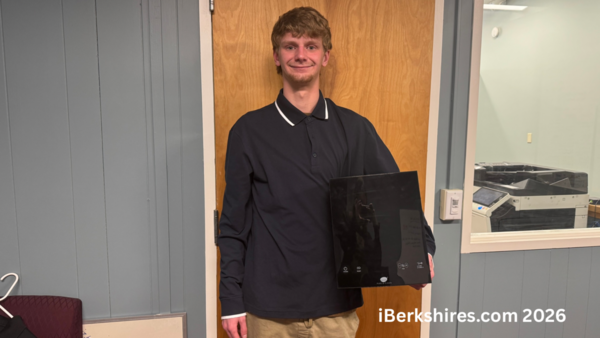Letter: Local Business Supports PAVE Fundraiser
 |
To the Editor:
Each year PAVE, Project Against Violent Encounters, holds a fundraising event in October to coincide with Domestic Violence Awareness month. In the past, these fundraising events were a wine tasting or chocolate fest but with COVID-19 concerns, we found that a basket raffle was just as successful and much more social distancing friendly.
Last year we had great success putting together baskets from local business owners that included products, services, and gift certificates.
This year, local businesses have again stepped up and supplied even more wonderful products, services, and/or gift certificates. We are so appreciative of their generosity. Our ability to offer a diverse range of domestic violence prevention and support services rests on the support of community partners.
Thank you, community businesses, without your support we cannot offer the comprehensive services needed to help keep domestic violence survivors safe and moving forward.
Michael Dreiblatt
Bennington, Vt.
Michael Dreiblatt is assistant director of Project Against Violent Encounters.
Tags: letters to the editor,















